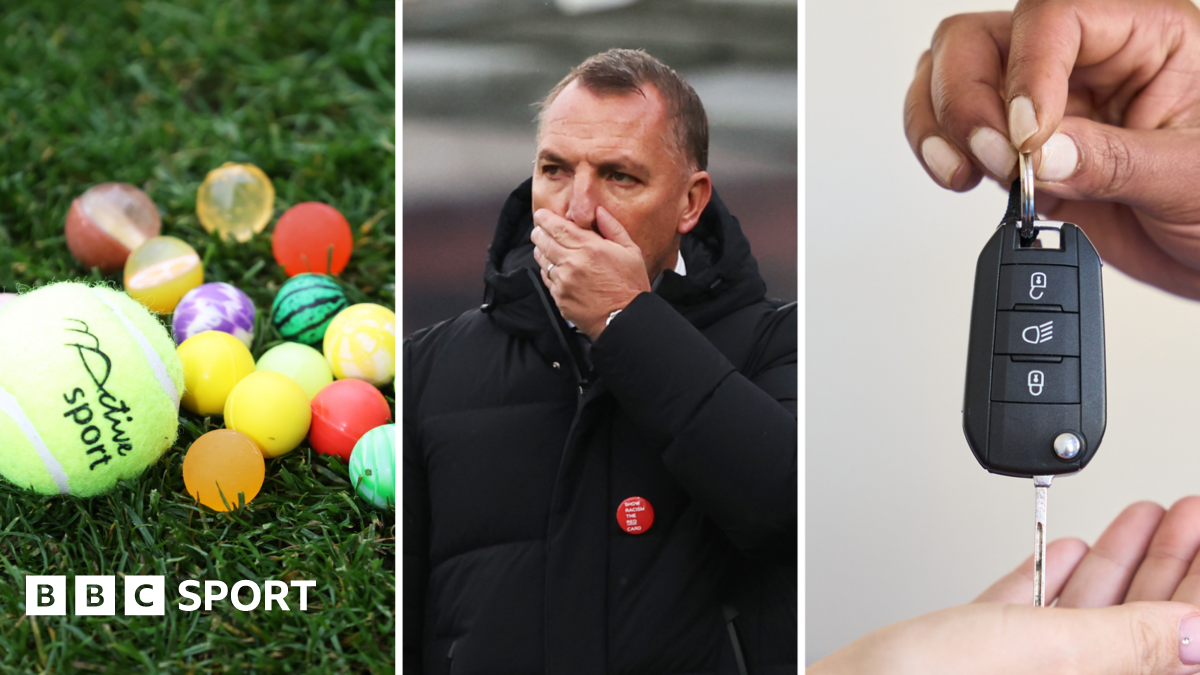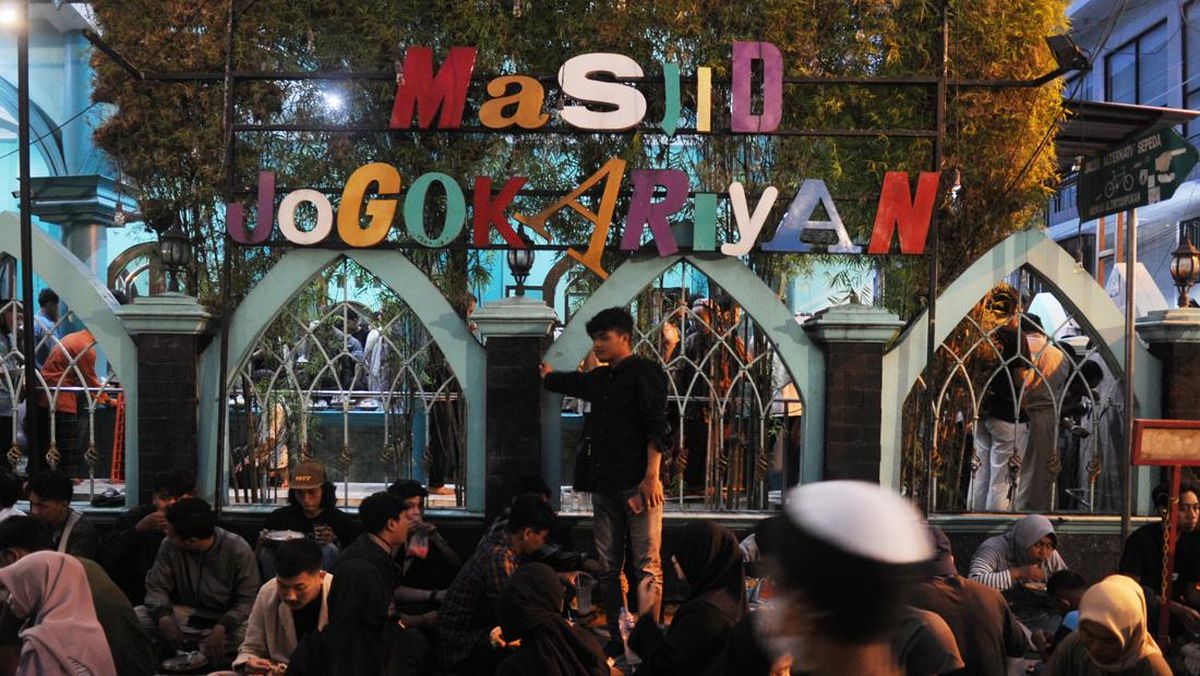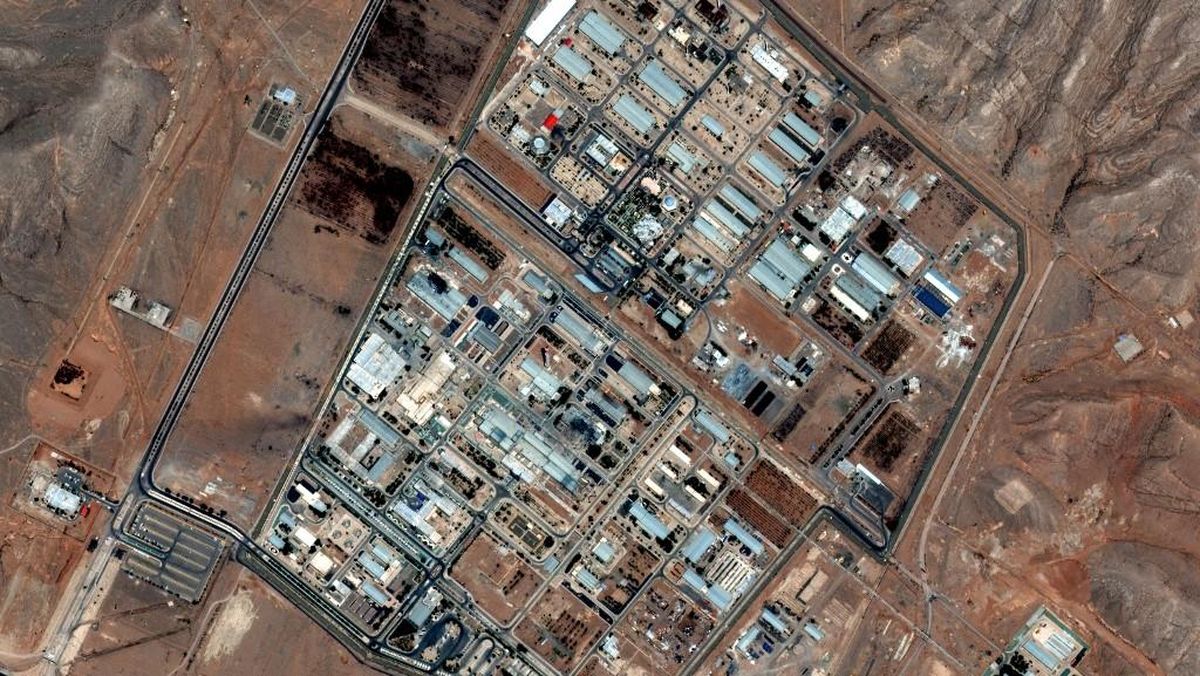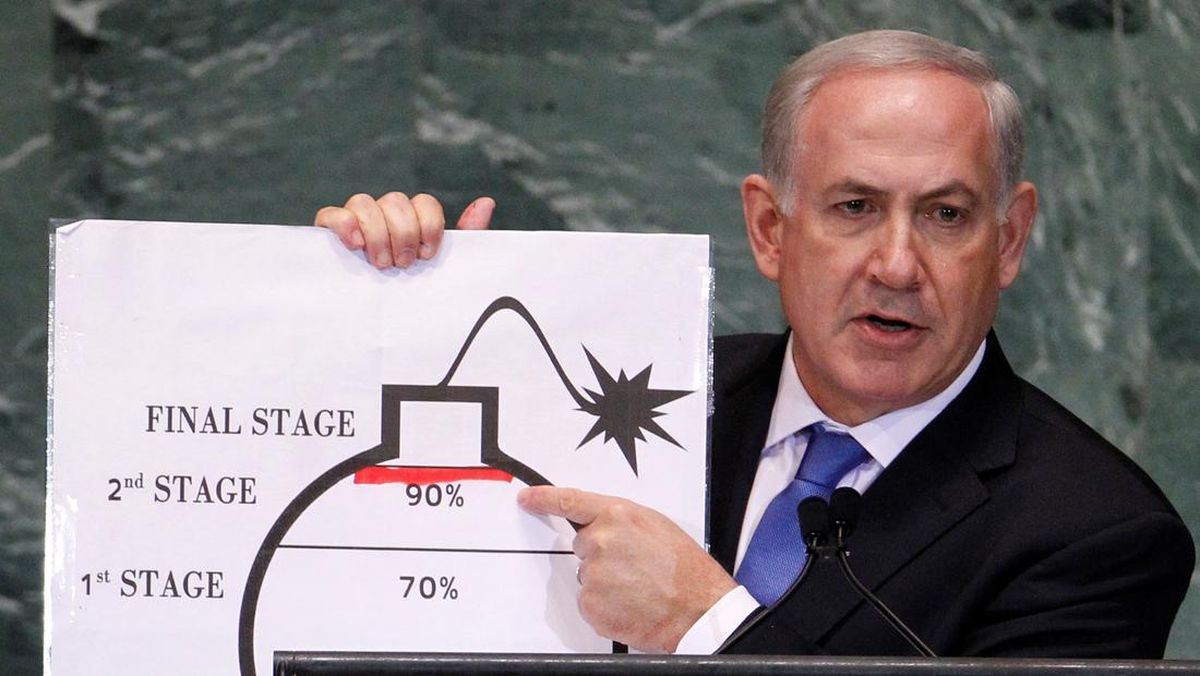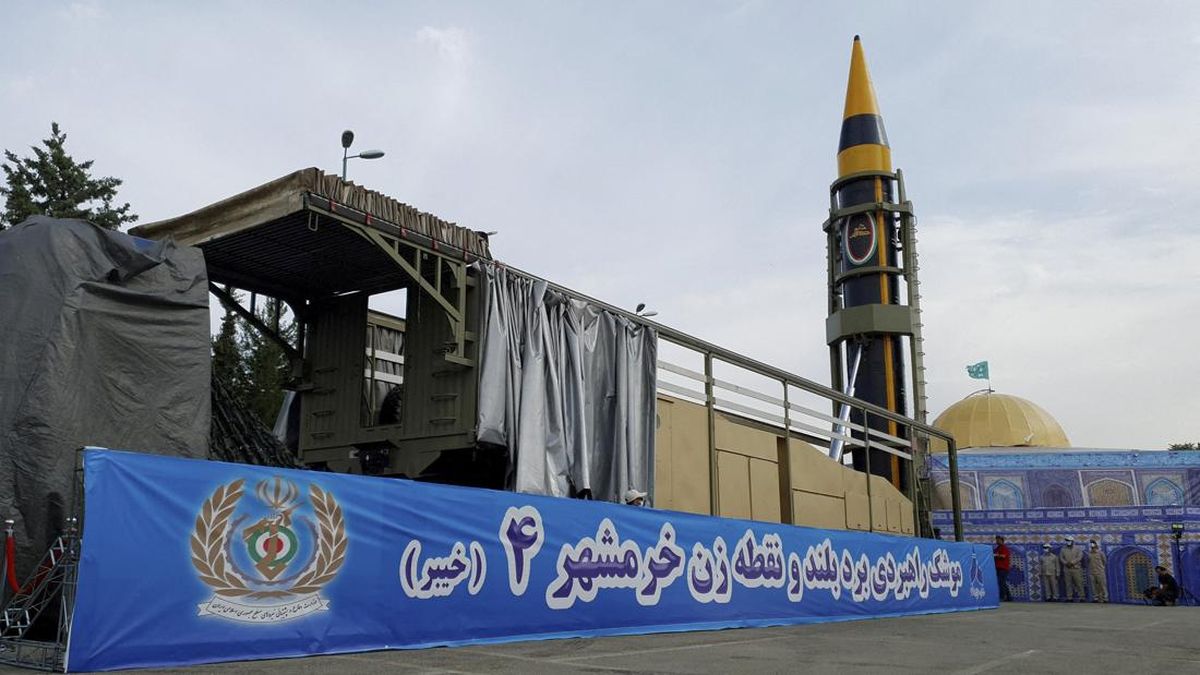Jonathan GeddesGlasgow and west reporter

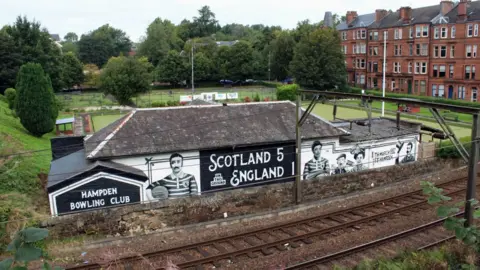 Glasgow Football Tour
Glasgow Football Tour
The original Hampden was the home of Queen's Park from 1873-1883 and hosted Scottish Cup finals and Scotland internationals
The site of the world's first international football stadium could become flats or a car park unless action is taken, campaigners have warned.
The first Hampden Park in Glasgow's southside - described as the "blueprint" for football stadiums since then - is currently the home of a bowling club facing financial difficulties.
Should it close, the grounds would become free for commercial use and possible redevelopment.
Football enthusiasts told BBC Scotland the site should be "protected and celebrated". It was the home of Queen's Park from 1873-1883 and hosted Scottish Cup finals and Scotland internationals.
An extraordinary general meeting for Hampden Bowling Club is being held later, with the club's current committee set to stand down in February 2026.
If no-one takes over running the club by that time then it will be wound down and the land returned to Land Property Glasgow - the arms-length body of Glasgow City Council that handles land for the local authority.
David Coutts, a trustee at the bowling club, told BBC Scotland: "There's no grand building there and you have to use imagination - but there's a social history there, and a working class history there.
"It's from this site and this green that the biggest sport in the world developed."

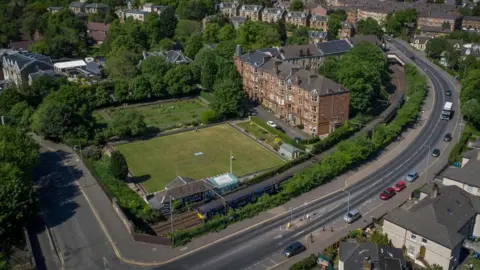 Campbell Ramage
Campbell Ramage
Hampden Bowling Club have used the ground since 1905
An archaeological excavation took place at the site in 2021, and found remains of the original football stadium - where Scotland famously thrashed England 5-1 in 1882.
When Queen's Park built the stadium, Scottish teams usually played on converted cricket pitches, such as the West of Scotland ground in Partick where Scotland and England played the world's first international in 1872.
Lindsay Hamilton runs a walking tour company and takes customers around the three different Hampden Park sites built over the decades.
She believes the original set the template for football venues since then.
She said: "This ground is the blueprint for every football stadium that was built. Queen's Park built grandstands, toilets, turnstiles for it and it was the first purpose built international football stadium in the world.
"It was the first place where season tickets were first used, or members books as they called it then.
"How we experience football today was all built at first on that site – it's of huge significance to football."

 Glasgow Football Tour
Glasgow Football Tour
Lindsay Hamilton says the feel of the original Hampden remains tangible and needs protected
Despite that significance, the future is murky for the site.
Queen's Park left the ground to move to another purpose-built stadium near Crosshill in 1884, using the Hampden name for their new home.
Hampden Bowling Club have used the area since 1905, but a declining membership roll has left them with only around 50 people - a situation Mr Coutts says could "leave it on its last legs."
The club has a rolling monthly lease for the site, but has never been able to secure a longer agreement with City Property.
"We can't get any funding because we need a much longer lease than what we have, and the lease offered seems to be a standard commercial lease - we're not a commercial organisation.
"We've seen other bowling clubs become commercial sites after closing and that usually means blocks of flats or car parks."

 David Coutts
David Coutts
David Coutts is hopeful the club could be taken over by the community
Club members are hoping the local community might express interest in taking over the site, perhaps using it as a community hub for events and film screenings.
That is why they decided to hold an EGM rather than wait for the club's usual AGM next year, with the hope it will attract more local people to attend and get involved.
For Ms Hamilton, what's important is ensuring the site remains somewhere you can experience.
She says that whether someone is walking by or having a drink at the club, they are still being connected to the early days of football, a far cry from the global industry that followed.
"A lot of early football landmarks in other cities have become supermarket car parks or things like that, but here you can still step on it - it's tangible.
"If you lose that, you lose the magic and the spark, because having the green there brings it to life. Being able to ask if you want a pint on the grounds of the original Hampden Park is something special.
"It doesn't look like a pitch now, but the foundations of the original stadium are there – what else can we discover? If this was in London or Rio de Janeiro or Buenos Aires it would have its own museum there.
"It needs to be protected, and celebrated."

